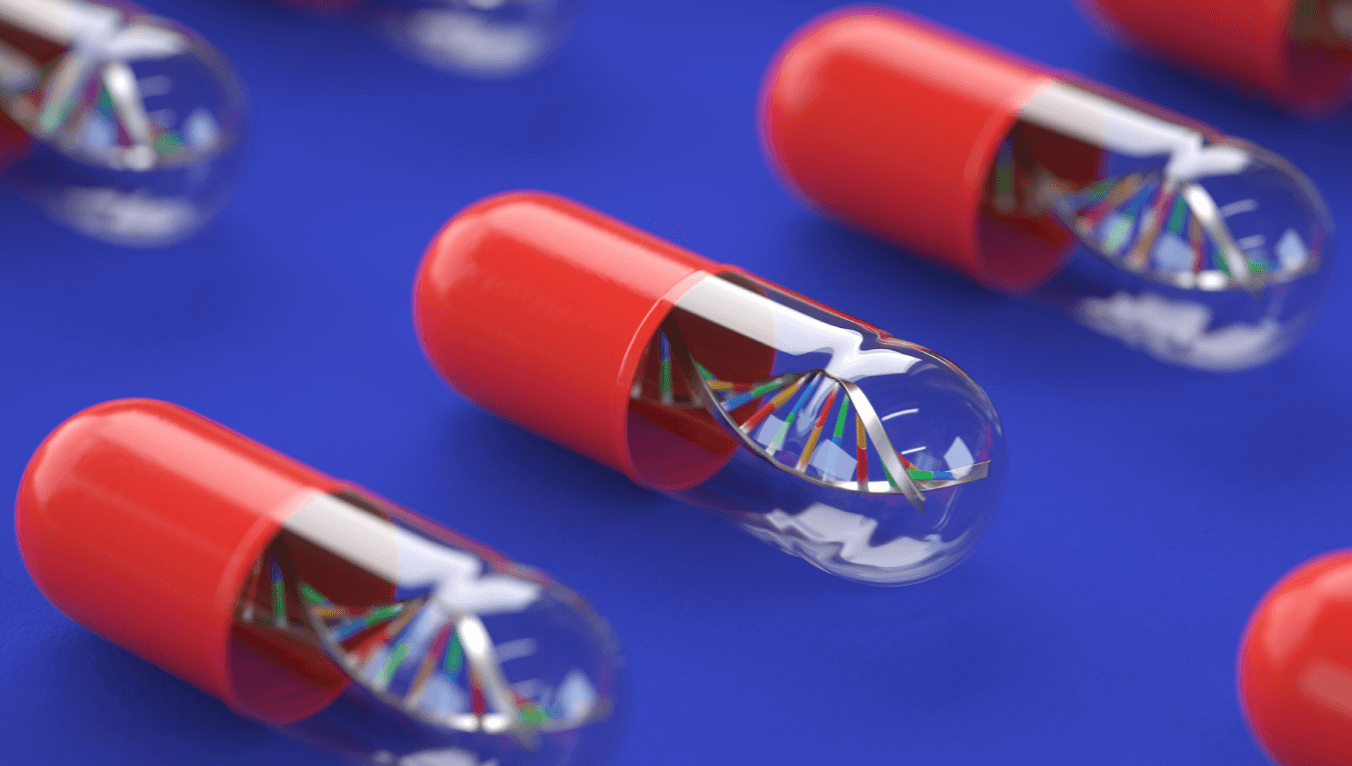hidden
Over 10 years experience of Traceability Solutions

By pharmatrax
Category: Technoloy
 No Comments
No Comments
Report: Precision Medicine Is Impossible Without AI and Machine Learning
Artificial intelligence (AI) and machine learning are driving a great deal of the healthcare innovation in precision medicine, according to a new Chilmark Research report. The report reveals achieving the full potential of precision medicine is impossible to realize without applying AI and machine learning. Specifically, leveraging advanced machine learning and deep learning technology can rapidly analyze large datasets that outperform clinicians and researchers.
Precision Medicine: Making Sense of the Healthcare Data Deluge for Personalized Care
The concept of precision medicine is starting to become a reality due to new medical data from the All of Us research program, CAR-T therapies, increasingly accessible genetic testing, and other apps. As these new data-driven, personalized treatment plans begin to enter clinical practice in specialty care settings such as oncology and mental health, it is now time to assess the limits of current health IT ecosystems to broader clinical adoption, and where the opportunities lie for innovative solutions to bring precision medicine into the mainstream.
In Chilmark’s latest report, Precision Medicine and Health IT: New Data, New Challenges, examines the current hurdles to integrating an exponentially growing amount of data from a wide variety of novel -omics sources into clinically actionable insights for personalized care plans and more effective population health management.
Current Solutions for Integrating Genomic Data into EHRs
The report features an overview of current activities to integrate precision medicine data into EHRs through the efforts of programs like the Electronic Medical Records and Genomics Network (eMERGE), which provides clinical decision support tools for genetic test results at the point of care. Also covered are the efforts of the federally funded Precision Medicine Initiative, a population study that aims to address many of the biases in clinical research (including the All of Us cohort research program) as well as develop new tools to facilitate data sharing.
Precision Medicine Apps
In addition to AI and machine learning, current precision medicine solutions already available include computational phenotyping tools, new models for drug discovery and development, and platforms for matching patients with appropriate therapies and/or clinical trials. Pharmacogenomics is currently one of the most broadly adopted applications for precision medicine, with over 230 prescription drugs now providing genetic recommendations on the label.
Future Precision Medicine & Challenges Ahead
In addition to health IT challenges to providing clinically actionable data for precision medicine, payment models must also evolve to match the business case for developing treatments for smaller populations and broader shifts towards payment for value in healthcare. This shift will have implications for patients, payers, providers, and the pharmaceutical industry.
Why It Matters
“While it will take decades to realize the full impact of precision medicine, in the near term, we will see steady progress in incorporating -omics data, but clinicians and patients will need to balance substantial uncertainty across many diseases (especially in cases of co-morbidities) and still leave room for subjective interpretations nested in these new forms of data. As clinical decision support systems and precision medicine platforms evolve, the burden of accessing and interpreting new insights will be facilitated by better AI and informatics tools,” notes report author Dr. Jody Ranck.
Source: https://hitconsultant.net/2019/08/27/chilmark-research-precision-medicine-ai-ml/#.XWUQ6-gzaM9



